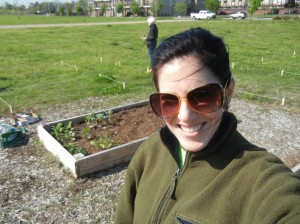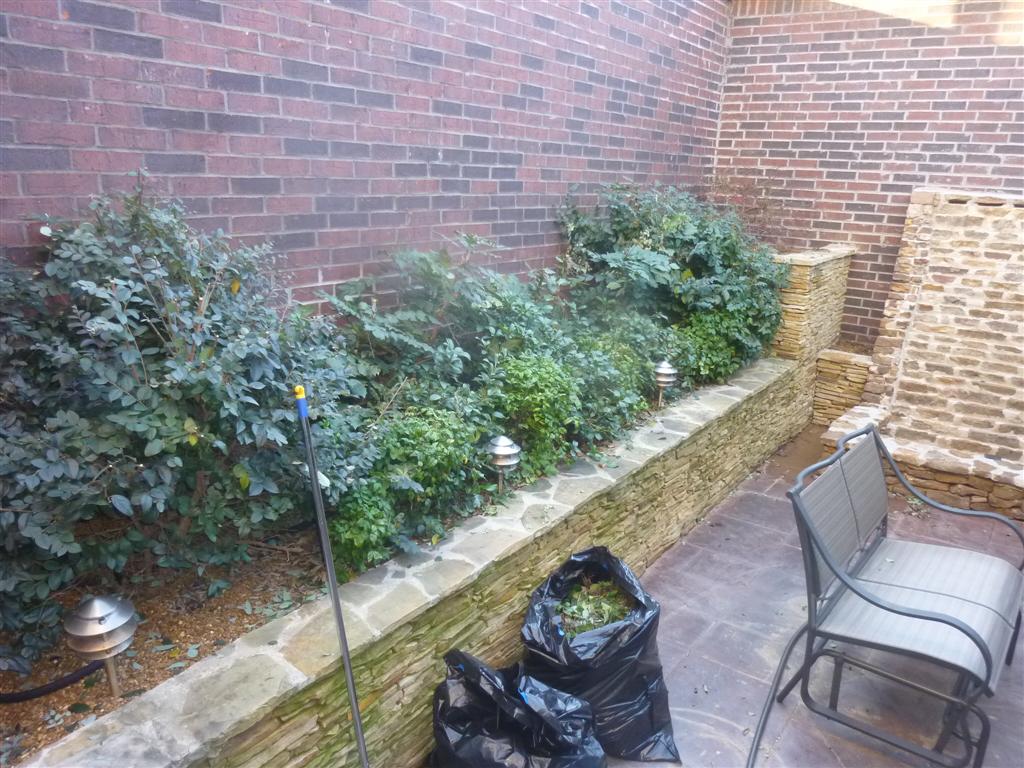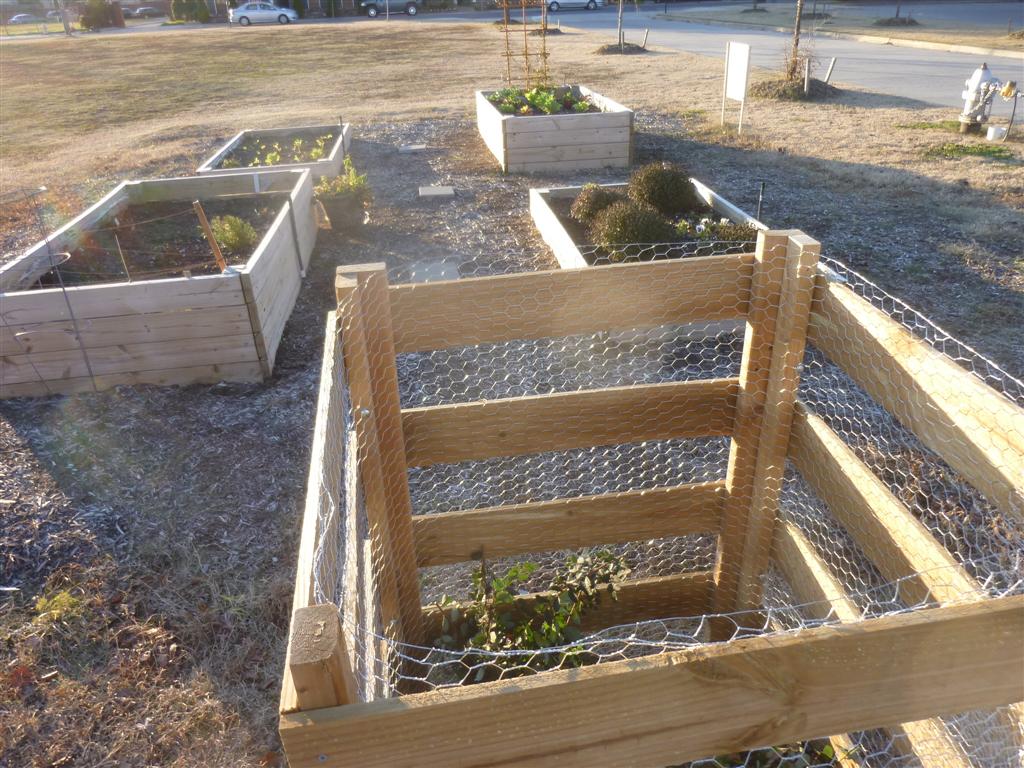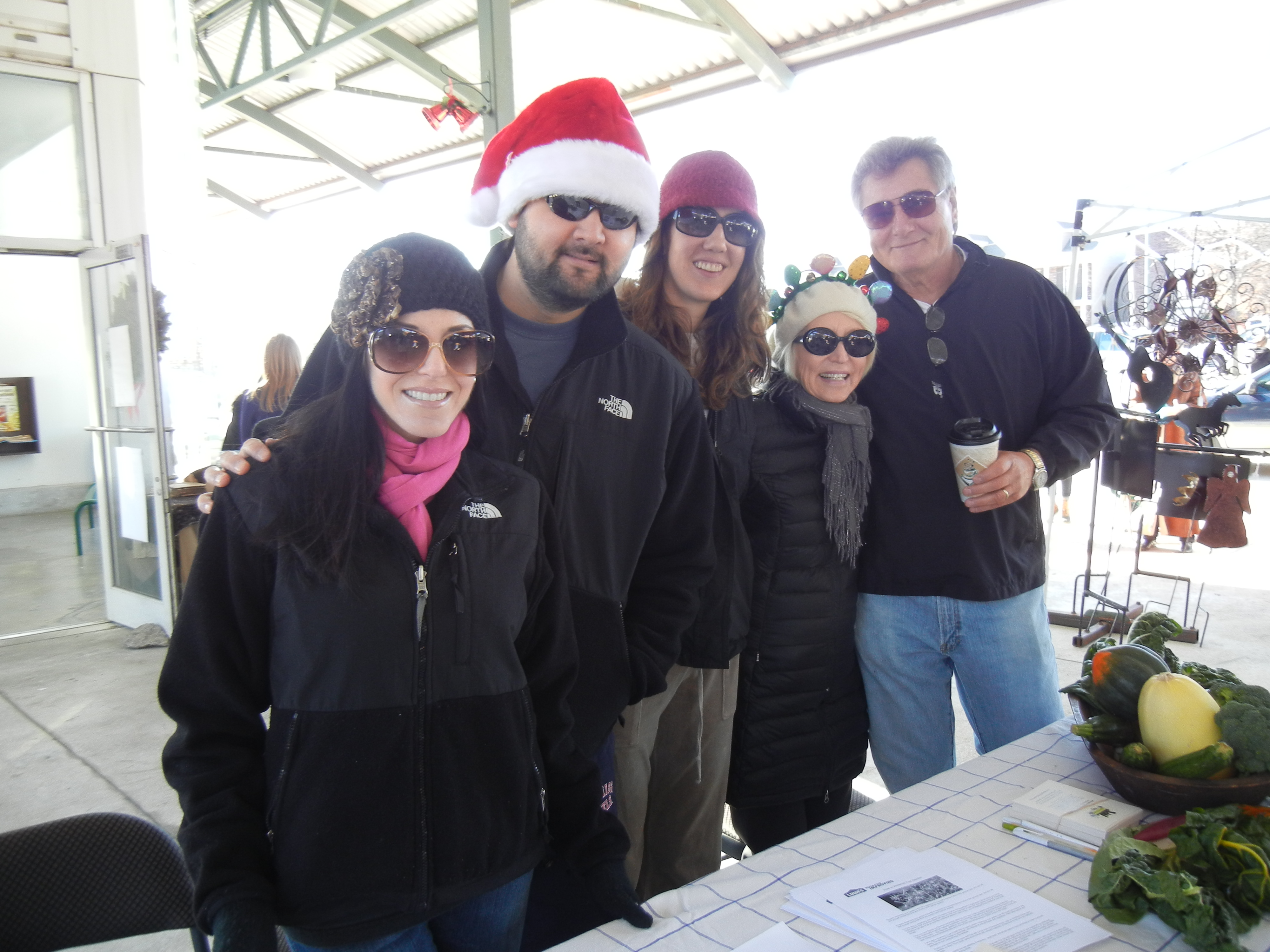We’re official! Thanks Mayor A C Wharton, Jr. for stopping by to do us the honor of cutting the ribbon.
Follow Us!
-
Recent Posts
Recent Comments
Archives
Categories
Meta
We’re official! Thanks Mayor A C Wharton, Jr. for stopping by to do us the honor of cutting the ribbon.
Great job everyone on the building of all the new Garden Beds! Here’s some photos from the build day, Saturday, March 31, 2012.
The following is an article from the UT Extension Service:
Begin soil preparation by removing old plant supports, plastic mulches, excessive vegetative residues and other debris from the garden area several weeks before plantingto allow the soil to dry out. The amount of plant residue that may be turned under depends on how large the pieces are, how the garden will be turned and how long before thearea will be worked.
Long cucumber or tomato vines, for example, maybe spaded or plowed under but may tangle on the tines of a rototiller. Cover crops and thick mulch or crop residue should be turned under six weeks or more before planting.This will promote decay and reduce nutritional and insect and disease problems in the garden. Adding three pounds of ammonium nitrate per 1000 square feet of soil surfacebefore turning organic materials under will speed decay considerably.
Turning under significant amounts (an inch or more) of plant materials such as compost, organic mulches, leaves or cover crops annually will gradually increase soil organic matter content and improve most garden soils. The moisture-holding capacity will improve, as will the soil structure and nutrient-holding capability. Root penetration will improve on clay soils and soil crusting will be reduced. Garden soil should not be worked when it is too wet. Pick up a handful of soil and roll it into a ball. If the soil sticks together and does not crumble when dropped, it is too wet to work. Soil worked too wet forms large, hard clods which are difficult to break up and are completely unsuitable for a seed bed.
Soil should be worked to a depth of at least 6 or 7 inches and smoothed before planting. Seed should be planted only in moist, finely aggregated soil. Soils worked into a powdery condition are more likely to crust. Small seed planted in cloddy soil usually dry out and germinate poorly.
Source: Growing Vegetables in Home Gardens. UT Extension Service.
With all this beautiful weather, we’re all very anxious to get into our gardens. Well, we are getting closer!

This morning a few of us went out and staked the land for our future garden beds. To prepare for the construction on March 31st, we marked 12 new locations for the additional beds I can’t believe how far we’ve come! Less than a year ago we built four prototype beds and hoped for the best. Now we are expanding and have new gardeners. Pretty soon, you’ll see 16 garden beds full of summer produce and flowers!
Anxious to get started, I decided to start growing some things from seeds just to see how that would work. Early last week, I got some help from a friend at work as well as the garden experts at both Home Depot and Lowe’s. I bought some seeds along with some biodegradable seedling pots, seed starting dirt pellets (Jiffy from Home Depot and Burpee from Lowe’s are what I used), containers for all to hold the water, etc. and got to work.
It was VERY easy to create and once I found pretty much the only place for them to gather sunlight and away from curious kid and dog, I let them be. I was very surprised to see that some of the seeds only took 3 days to start showing signs of life! At the rate the Basil is growing, it will need to be transported to the garden bed soon! The great thing about these seedling pots is that they can be placed directly into the garden’s soil as they will degrade and become part of the soil itself. Nice!
Bookshelf holding the “greenhouses”
Basil that sprouted in only 3 days
I’m new at all this stuff, but now that we have a completed compost bin, I thought I’d fill it with all the trimmings from my courtyard (ie: I procrastinated and just happened to get around to trimming about 2 feet off of all the bushes the day after we completed the bin). 😉
I wasn’t sure what is or isn’t allowed to be composted, so found a really good article about it here: Composting
 |
 |
Memphis City Gardens had a great time at the market on Saturday! Thanks to everyone who stopped by our table and picked up information for future garden beds. We hope to hear back from many of you soon and we’d love to call you a fellow gardener. If you have any questions, feel free to send us an email or Facebook us!
We will have a table set up at the Annual Memphis Farmers Market’s “Holiday Market“. Please stop by and learn more about the gardens, see the initial plots, etc.
